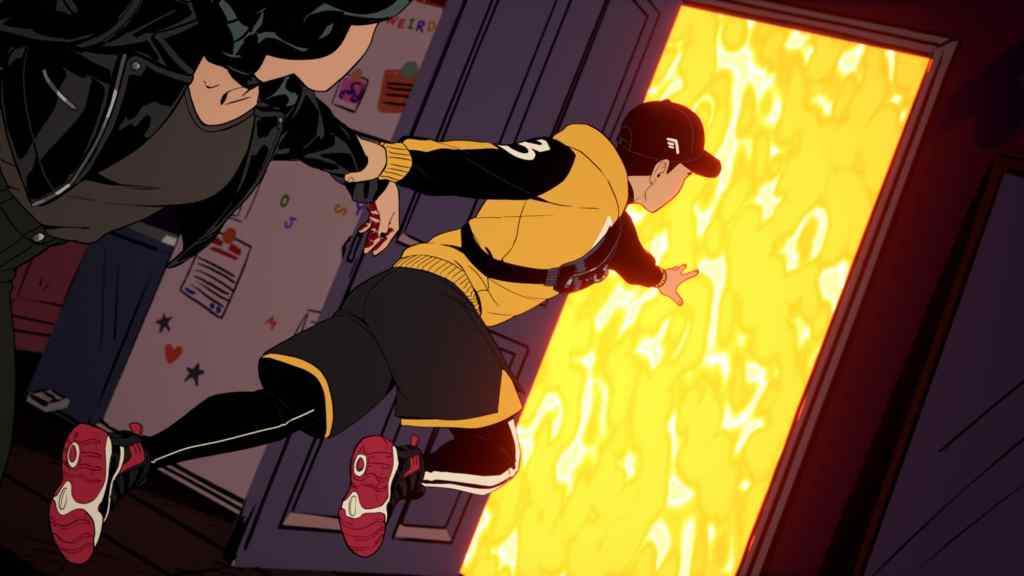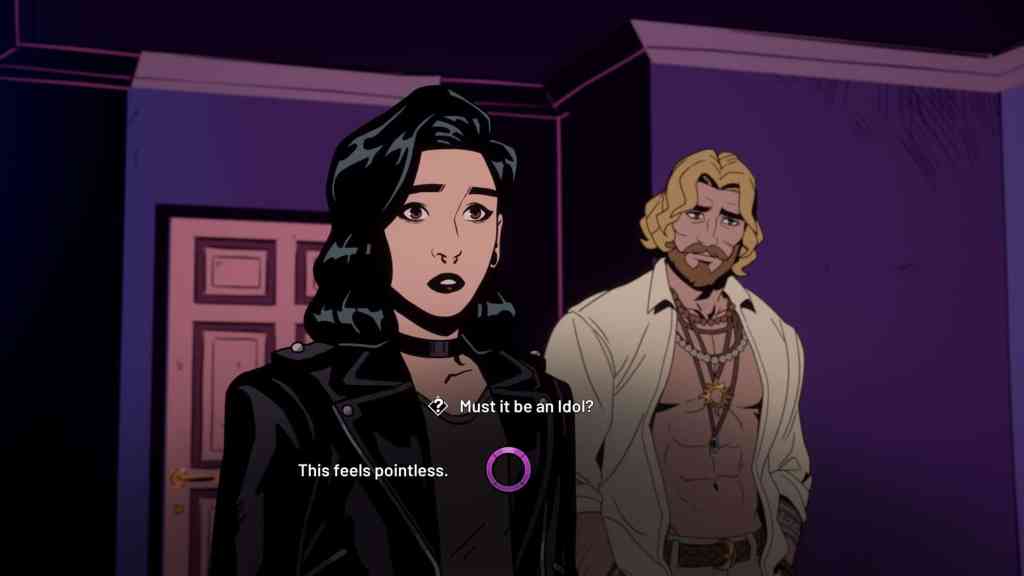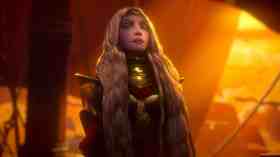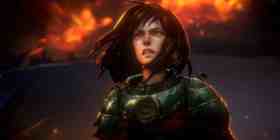There’s something uniquely liminal about a musical number performed on stage. Even the most realist performance is surrounded by layers of artifice by virtue of existing in a space with a stage and audience. For an audience member, it generally takes very little to ‘buy into’ the scene, seeing only the final product’s facade. But the performer witnesses everything backstage, all the little decisions that it took to reach the final product.
And yet, somewhere in the combination of moving through a space that doesn’t quite exist, embodying a character whose skin isn’t their own, and singing with emotions that don’t originate from them – they’re surrounded by so many moving parts that aren’t ‘real’ that they can stop feeling like they aren’t. They don’t notice the exertion, the flaws or idiosyncrasies. At least, until the music stops playing. That’s how it always feels for me.
My high school put on a yearly musical that I participated in every time due to my entire personality screaming ‘musical theatre kid’ on a fundamental level. When we put on West Side Story, I played Action, and got to lead in the absolutely chaotic song “Gee Officer Krupke!” which involves (among other things); being smacked with newspapers, rolled off benches, picked up and thrown between characters, and ending in a slide across the stage on my knees to the feet of our policeman antagonist. All while singing the entire time. As long as I was in motion and the music was playing, it was the easiest thing in the world to keep going. But the moment the last note ended, I instantly felt how profoundly out of breath I was.
I’m sharing this anecdote for two key reasons. Firstly, because you should never give a theatre kid an excuse to talk about shows that we’ve been in, or else this happens. But more importantly, because it sets the stage (pun intended) for a discussion on how Stray Gods perfects the phenomena that I won’t call “suspension of disbelief,” but rather describe as “embracing unreality.”
Stray Gods is a roleplaying musical that follows the exploits of the divine and mortal realms, as protagonist Grace transitions from mortal existence to something less grounded, more abstract – a realm of emotion and absurdity. Now, the Greek gods are hardly an unusual target for the entertainment media treatment (Hades and God of War, the Percy Jackson series, Wonder Woman and dozens more), but rarely have they existed in a form that captures their otherworldly nature and the exhaustion of immortality with such efficiency.
Ennui on an eternal timeline is a baffling concept for a human to comprehend, and dialogue alone would struggle to do it justice. But where words alone might fail, creator David Gaider and the other brilliant minds at Summerfall Studios knew that music would bridge the gap.
I learned numerous fun facts when I attended “An Evening with the Directors of Stray Gods” at ACMI during the Melbourne International Games Week 2023. Many of them involved the technical and artistic wizardry that it took for Stray Gods to accomplish a roleplaying musical complete with branching paths mid-song. I, however, am pretentio- I mean, more interested in the conceptual side of the picture, and so two points of discussion in particular drew me in.
The first was the ‘song worlds’ that transform the environments of Stray Gods. When protagonist Grace draws people into song, the world around her changes, blossoming into abstractions that reflect the inner landscape and emotions of her music’s focus. These song worlds are unreal – intentionally disjointed from reality, malleable to the whims of music and the passions of their singers. And yet while the music is alive, they’re the only thing that is real to those within. Whether they wish it or not, characters move at the whims of their song worlds, because these worlds are facets of a truth inside them, being drawn out and given a shape by Grace.
While the singing continues, those within embrace unreality, and being grounded in music rather than reality frees them to embody emotions that talking alone isn’t enough to draw out. And as it turns out, these scenes are yet another of the many blessings we can credit to K-pop music videos, according to Summerfall Games Art Director Benjamin Ee, who discussed their influence on the conception and staging of these song worlds.

The second point of discussion to draw me in was the evolution of the divine entities that populate the urban landscape of Stray Gods. Whether they’re monsters, gods or mythological creatures, these entities have existed for centuries and watched humanity evolve in myriad and complex ways. Immortality is treated in many different ways across media – some immortals adapt and compromise their divinity to the ways of the new time they live in, while others might be steadfast in clinging to their divine origins, allowing time to pass them by entirely. Most often though, the myths of their origin are solid, truthful foundations that at the very least define the place they came from, if not the place they are now.
In Stray Gods, the nature of these mythological entities have abstracted out from the passing of time.
Where myths were once true, now they may be foreign even to the actors in the tale – and where some characters seem to have adapted to the times, it’s rarely been as seamless as they might like to think. The gods of Hades are their archetypical selves, a ‘pure’ reflection of their mythos, the gods of Hadestown have adapted to their new realities, losing connection with their origins in the process and falling to dysfunction. The gods of Stray Gods are adrift, unresolved and in flux until given the chance to embrace unreality and grow.

Suspension of disbelief is the act of ignoring dissonance to engage in something, but embracing unreality requires you to accept that things might not be real, tangible or immediately explicable. When you’re an immortal adrift in a changing world whose departure from what you knew fills you with a dreadful, creeping ennui, the answer isn’t to ignore it and pretend things are fine.
Stray Gods understands that sometimes, you need a cool bisexual to hold your hand while you sing a duet and accept the truth inside the unreal. Find courage in the song, and face reality when the music ends.
This article was commissioned by GamesHub and Creative Victoria as part of Wordplay, a games writing mentorship program held during Melbourne International Games Week 2023.





